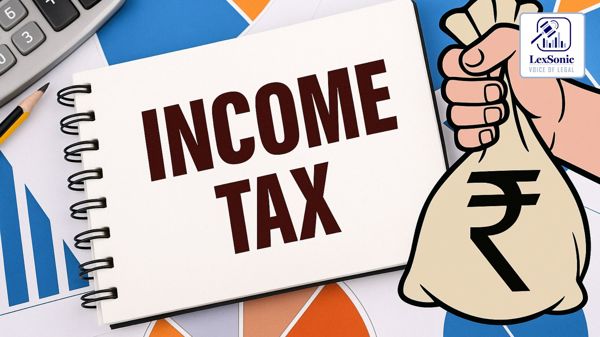Court Quashes Reassessment Notice: Emphasizes Need for Tangible Material under Income Tax Act.
03 July 2024
Income Tax >> Tax Laws
In a significant judicial development, the High Court recently ruled on a case challenging the reassessment notice issued under Section 148 of the Income Tax Act, 1961. The Petitioner, a registered company, had filed its Income Tax Return (ITR) for the Assessment Year 2017-18, declaring its total income. The controversy arose when the tax authorities subsequently issued a notice proposing reassessment, alleging that certain income had escaped assessment.
The legal proceedings unfolded with the Petitioner challenging the notice, citing earlier judicial precedents and legal principles governing reassessment under the Income Tax Act. Initially, the Petitioner responded diligently to the notice, providing detailed clarifications and evidence regarding property transactions to rebut the allegations raised by the tax authorities.
The crux of the Petitioner's argument rested on the contention that the reassessment proceedings lacked new tangible material and instead represented a mere change of opinion on the part of the assessing officer. The Petitioner emphasized that audit objections or internal opinions cannot serve as substitutes for substantive new evidence justifying reassessment under the law.

On the other hand, the respondents, representing the tax authorities, argued that audit findings had pointed to potential discrepancies necessitating further investigation and reassessment. They asserted that the assessing officer had valid reasons to believe that income had escaped assessment, based on these audit objections.
The High Court's decision underscored fundamental principles regarding reassessment under the Income Tax Act. Citing various legal precedents, the Court reiterated that reassessment cannot be initiated solely on the basis of a change of opinion or internal audit objections. It emphasized that for reassessment to be valid, there must be new tangible material indicating that income had indeed escaped assessment, rather than a mere suspicion or revision of opinion by the tax authorities.
In its ruling, the Court scrutinized the actions of the tax authorities and concluded that the corrigendum issued to reopen reassessment proceedings did not present any new material justifying such action. The Court observed that the reassessment notice issued by the tax authorities appeared to reflect a review rather than a reassessment based on fresh evidence, which contravened the legal requirements stipulated under the Income Tax Act.
Consequently, the High Court upheld the Petitioner's challenge and quashed the reassessment notice along with all related proceedings. This decision serves as a significant reminder of the strict adherence required by tax authorities when initiating reassessment proceedings under Indian tax laws. It highlights the judiciary's role in ensuring that such actions are grounded in substantial new evidence of income escapement, thereby preventing arbitrary exercises of authority in tax assessments.
